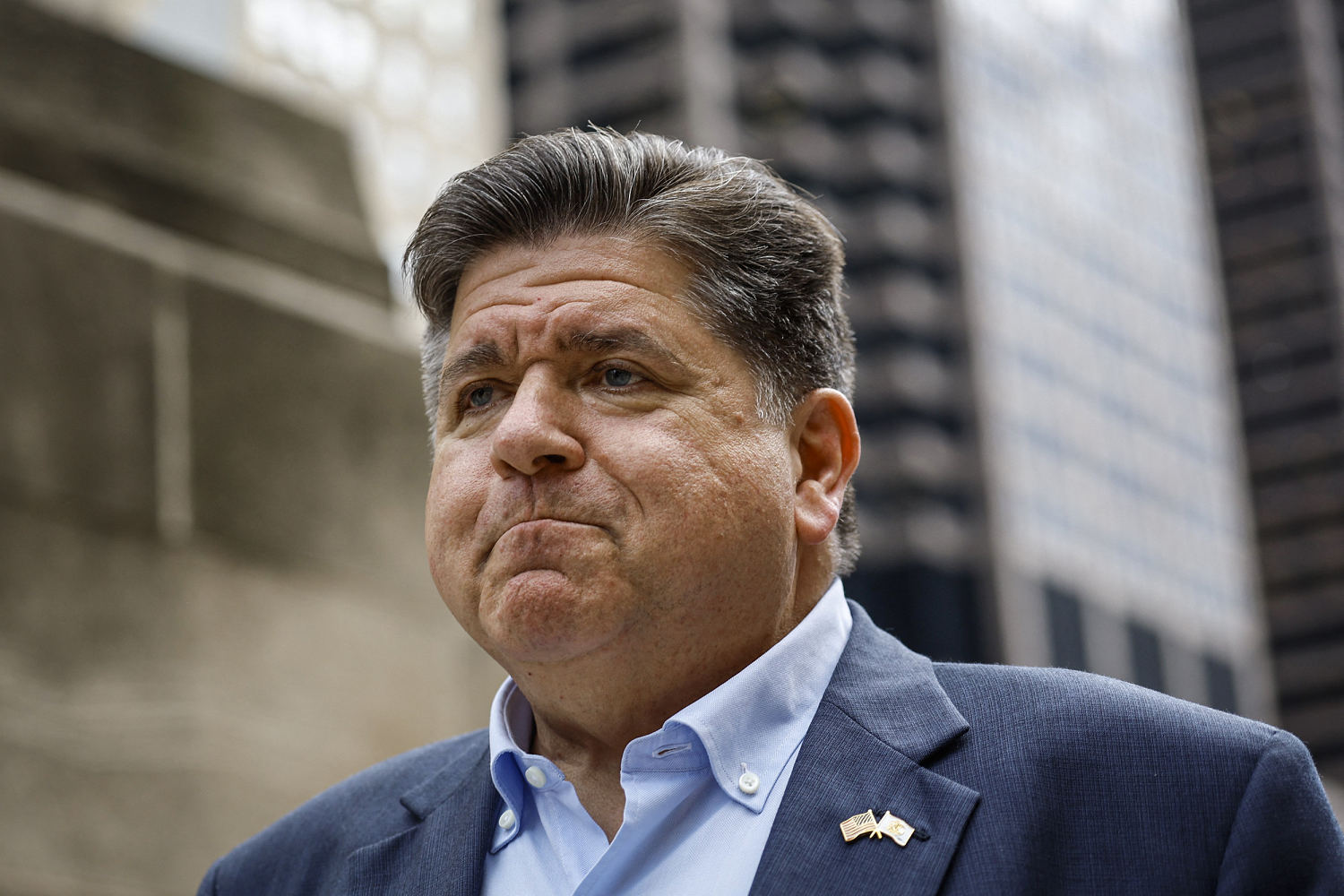Illinois Governor JB Pritzker and Philadelphia District Attorney Larry Krasner are cautioning troops that they could face criminal charges if they violate residents on former President Donald Trump’s orders. Both leaders stress that no one, not even a past president, can shield military personnel from local prosecution.
Democrats threaten charges for troops who commit crimes at Trump’s direction

Key Takeaways:
- Democratic leaders warn troops of possible charges for illegal acts.
- Gov. JB Pritzker and D.A. Larry Krasner emphasize that Trump cannot protect offenders.
- The warnings aim to safeguard residents’ rights from potential violations.
Introduction
Illinois Governor JB Pritzker and Philadelphia District Attorney Larry Krasner have warned that any troops acting on former President Donald Trump’s directives to commit crimes against residents may face local prosecution. This announcement underscores a fundamental principle: no federal figure can prevent legal action if unlawful behavior occurs.
Background
In recent years, there has been ongoing debate surrounding presidential authority over state-level operations, particularly where law enforcement or military activity is concerned. The warnings from Governor Pritzker and District Attorney Krasner place a spotlight on how local officials can enforce penalties, despite interventions or assurances from higher levels of government.
The Legal Warnings
Pritzker and Krasner delivered a clear message: “Violation of residents’ rights can lead to charges, regardless of who gave the orders.” They emphasize that troops should be aware that executing any unlawful action at the behest of a political figure does not absolve them from accountability under local laws. This warning suggests an unwavering commitment to uphold legal boundaries within their jurisdictions.
Possible Consequences
If troops were to harm residents or infringe upon their rights, local authorities could bring charges directly in their courts. The officials stress that even a former president cannot legally intervene to protect individuals if they have broken state or municipal laws. This positions local jurisdictions as a critical check against misuse of power, highlighting state and city governments’ role in maintaining public safety.
Broader Implications
The discussion goes beyond any single political figure, pointing to the delicate balance between federal authority and local jurisdiction. The debate underscores a principle of shared power in the U.S. system, where state and local prosecutors remain integral to upholding the rule of law, even when their actions may run counter to directives from federal leaders.
Conclusion
These warnings signal a definitive stand by Democratic officials in Illinois and Philadelphia: no directive, however high-profile the source, will exempt individuals from legal accountability if laws are broken. As matters of law and governance continue to evolve, their message affirms that safeguarding the rights of residents remains paramount.











